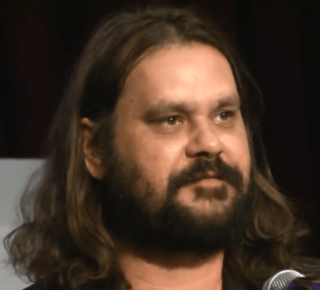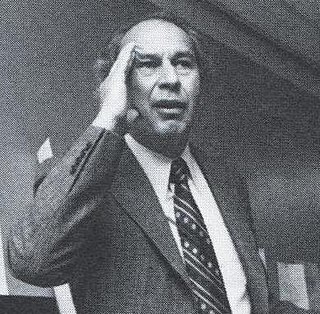A Quote by Carol Grace
when you speak of other people's marriages, you are, of course, saying something about your own.
Related Quotes
To sing with other people and for other people, that's when you can really learn something about your voice. You can only learn so much if you create your own boundaries all the time. But then, other people can really teach you something. You know, if you're trying to sing with them, or if someone brings a style.
Novels shouldn’t aspire to answer questions, and I wouldn’t presume to offer advice about love or marriage in any case. What’s fascinating to me about marriage as a subject for fiction—a subject that fiction has taken on with gusto since the 19th century—is how unknowable other people’s relationships are. Even the marriages of your parents, your siblings, your closest friends always remain something of a mystery. Only in fiction can you pretend to know people completely.
In company with people of your own trade you ordinarily speak of other writers' books. The better the writers the less they will speak about what they have written themselves. Joyce was a very great writer and he would only explain what he was doing to jerks. Other writers that he respected were supposed to be able to know what he was doing by reading it.
You have something to say. Something of your very own. Try to say it. Don't be ashamed of any real thought or feeling you have. Don't undervalue it. Don't let the fear of others prevent you from saying it... You have something to say, something that no one else in the world has said in just your way of saying it.
If there's a feeling you have, other people have it. If there's something weird about your life, other people have lived it. If there's something kooky about your body, other people have that, too. We're not alone. There's some kind of tremendous relief in that and I think it can only be expressed in belly laughter. This tremendous relief that happens the millisecond we realize, it's not just me. That's what good laughter is about. It's about knowing that you're not alone.
I'm interested in people. I'm curious about people, and of course we're curious about people whose work we respond to. So I'm not saying that I don't understand fascination with other people. But as it's dealt with in this American, modern-day culture, I find it not just boring but actually sort of destructive, really.
Think for yourself. Unplug yourself from follow-the-follower groupthink, and virtually ignore what everyone else in your industry is saying (except the ones everyone agrees is crazy). Do your own research, draw your own conclusions, set your own course, and stick to your guns. When you're just starting out, people will tell you you're wrong. After you've blown past them, they'll tell you you're crazy. A few years after that, they'll (privately) ask you to mentor them.




































